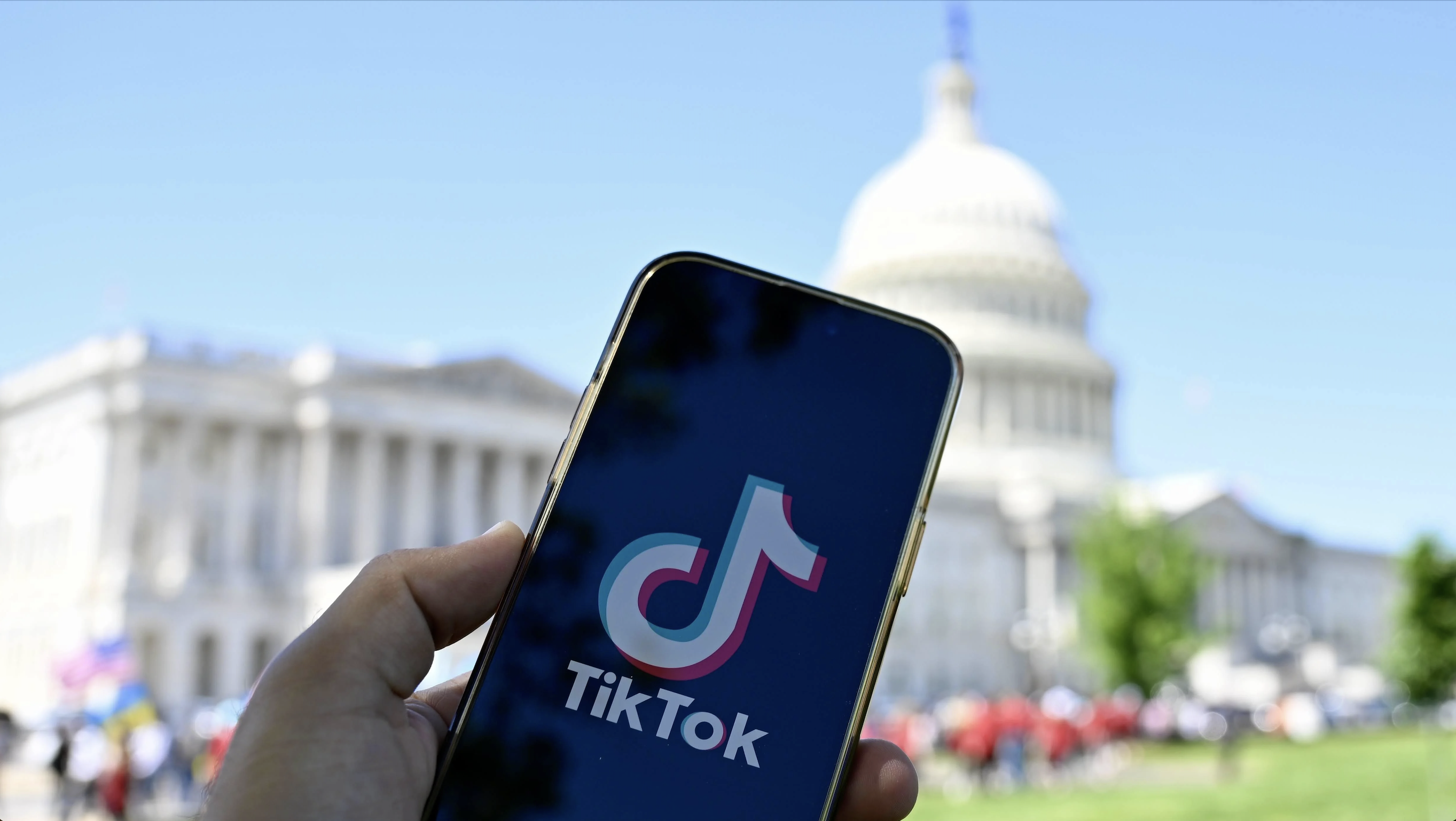TikTok, the social media juggernaut with 170 million users in the US and about 8.5 million in Australia, faces a looming crisis. On Friday, the US Supreme Court upheld legislation banning TikTok unless its Chinese parent company, ByteDance, divests from its US operations. The decision, grounded in national security concerns, leaves the app’s future hanging by a thread as a Sunday deadline approaches.
The law, passed with bipartisan support and signed by outgoing President Joe Biden, aims to address fears that TikTok’s data collection could expose sensitive user information to the Chinese government. TikTok challenged the legislation on free speech grounds, but the Supreme Court rejected the claim. “Congress has determined that divestiture is necessary to address its well-supported national security concerns,” the court wrote in its unanimous opinion.
Trump’s role and global implications
With Donald Trump set to be inaugurated as president on Monday, TikTok’s fate now lies in his hands. Trump, who once supported banning the app, has recently signalled a change in stance. “The Supreme Court decision was expected, and everyone must respect it. My decision on TikTok will be made in the not-too-distant future,” he posted on TruthSocial. However, his administration’s plan remains unclear, and his nominee for attorney general, Pam Bondi, has refused to comment on the matter during confirmation hearings.
Adding to the intrigue, Trump spoke with Chinese President Xi Jinping on Friday. “It is my expectation that we will solve many problems together, and starting immediately,” Trump wrote, noting that TikTok was among the topics discussed.
A Joe Biden administration official told CNN, “Our position on this has been clear: TikTok should continue to operate under American ownership,” suggesting the outgoing government will leave enforcement to Trump’s administration.
Billions of ad dollars up for grabs
The ban could reshape the social media and advertising landscape, with billions of dollars in ad revenue up for grabs. According to Business Insider’s sister company, eMarketer, TikTok generated an estimated $12.34 billion in US ad revenue in 2024. If the ban proceeds, the platform could lose 50% to 70% of that revenue, or between US$6.17 billion and US$8.64 billion.
Meta, the owner of Facebook and Instagram, stands to benefit the most, with the publication estimating that Meta could gain between $2.46 billion and $3.38 billion in additional ad revenue as advertisers shift budgets. Similarly, Morgan Stanley analysts predict that a TikTok ban could boost Meta’s earnings per share by 5% to 9% for fiscal year 2026. “Instagram scrolling is poised to replace some of the time US users spent on TikTok,” eMarketer analysts noted. In 2024, TikTok users in the US spent nearly an hour per day on the app, and three-quarters of those users were also active on Instagram. That leaves nearly an hour of daily media time up for grabs—a significant opportunity for competitors like Meta.
Advertisers and users scramble for alternatives
TikTok hasn’t just changed the game for creators, it’s rewritten the rulebook. Its algorithm is so finely tuned it feels almost psychic, leaving other platforms scrambling to catch up. Unsurprisingly, global giants like Nike, McDonald’s, and Amazon have leveraged TikTok as their go-to for connecting with younger, hyper-engaged audiences.
However, the potential ban has given rise to a new phenomenon: “TikTok refugees.” These creators and users are already seeking alternative platforms to maintain their reach and relevance. Apps like Xiaohongshu, also known as RedNote, and Lemon8, both Chinese-owned, have seen a surge in downloads. “The CCP has been put on notice that the American people’s data is no longer for the taking,” former Vice President Mike Pence posted on X, urging Trump to enforce the law.
One app gaining particular attention among these refugees is RedNote, a short-form video platform with many of TikTok’s features. However, the app faces challenges, particularly with its Mandarin-based interface, which some Western users find difficult to navigate. Despite this, its potential as a new home for displaced creators and advertisers is still appealing.
Craig Singleton, a China expert at the Foundation for Defense of Democracies, highlighted the broader implications, saying, “Beijing isn’t just building apps; it’s building a discourse power ecosystem to shape global narratives and influence societies.”
All eyes on Trump and the clock
Meanwhile, TikTok CEO Shou Zi Chew remains optimistic. In a video posted after the court ruling, he thanked Trump for his “commitment to work with us to find a solution that keeps TikTok available in the United States.” Chew called the court’s decision “a strong stand for the First Amendment and against arbitrary censorship.”
With Sunday’s deadline just a day away, TikTok’s future hangs in the balance. Creators and advertisers are rushing to diversify and find alternatives, but the bigger picture is hard to ignore. This isn’t just about one platform, it’s about the shifting tides of data security, digital influence, and geopolitics.
Right now, all eyes are on Trump and that ticking clock.
